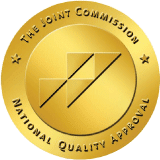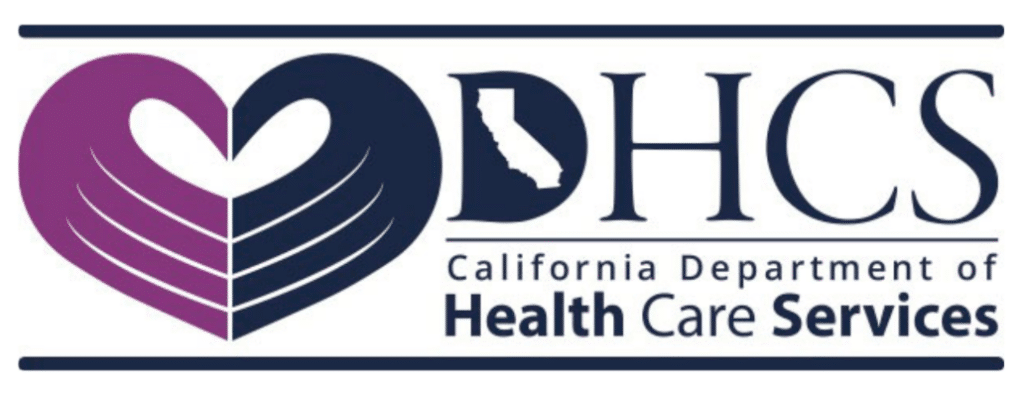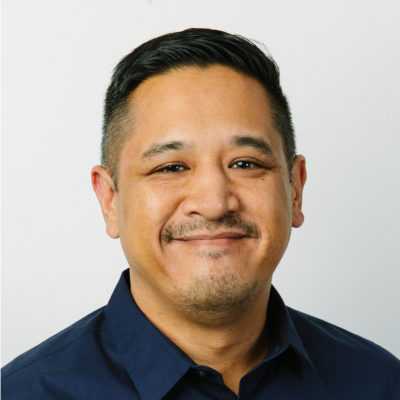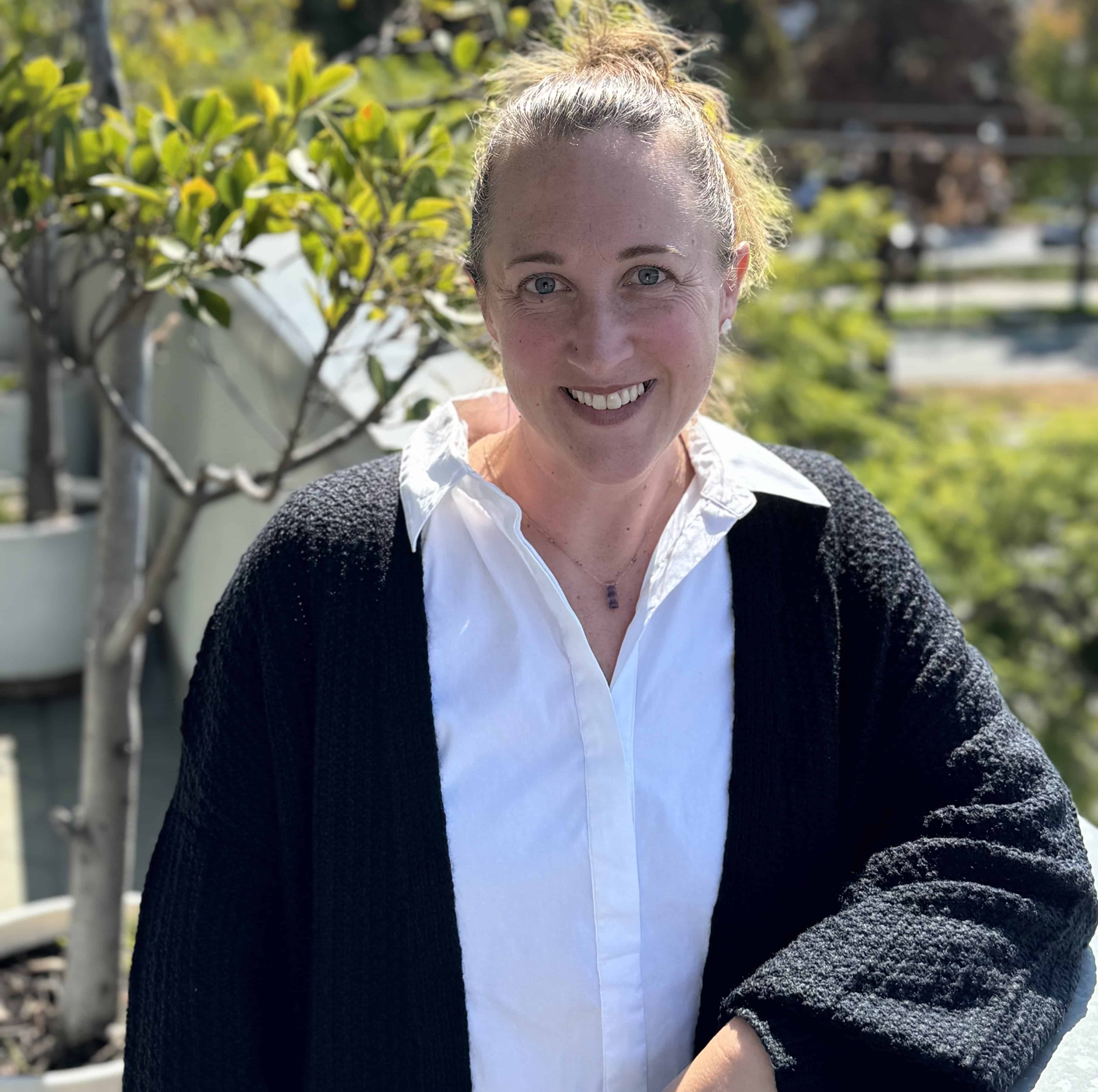Marijuana Addiction Treatment in Los Angeles
Thrive Treatment provides effective marijuana addiction treatment in Los Angeles, combining personalized marijuana rehab and treatment options with addiction treatment programs across the entire continuum of care. With detox and inpatient programs to ongoing outpatient support, as well as treatment for substance use disorders and mental health treatment, we create a treatment plan to address marijuana abuse that can lead to profound, long-term sobriety.
Personalized Marijuana Addiction Treatment in Los Angeles
Regardless of the perceptions and societal acceptance, marijuana is something that you can be addicted to, and as such, can very much necessitate proper and thorough rehab to get over.
Just like any other addiction, the physical dependence is only one part to work on. Equally, if not more importantly, is the mental side of addiction. Marijuana addiction treatment at Thrive Treatment’s rehab center in Santa Monica is all about helping you work through that side of your cannabis use disorder.
Pulling from relational and behavioral methods on top of holistic, medical, and psychiatric interventions, we’ll develop a custom-created rehab program that explores personalized care and your unique needs in substance abuse treatment. With an emphasis on psychotherapy or talk therapy, you’ll be going through individual and group therapy sessions with master’s-level clinicians to really peel back the layers and find the why of your dependence on marijuana.
Who We Help
We offer comprehensive care for you or your loved one across any stage of the recovery journey. Our treatment facility creates a supportive environment that blends evidence-based care with personalized support and community, providing care to adults and working professionals as well as young adults and adolescents, curating a program to fit your needs and challenges.
We also offer dedicated dual diagnosis support for co-occurring mental health conditions, combining effective drug rehab with mental and emotional support to address each of your needs and improve your overall well-being.
INSURANCE
We Work With Most Major Insurance
At Thrive Treatment℠ we accept most private insurance plans and we are in network with Cigna, Optum, First Health, and Anthem Blue Cross. Additional payment options are available so don’t hesitate to give us a call so we can get you the help that you need.
Change Your Life with a Single Call
1-855-232-1334












ADDICTIONS
Addictions We Treat
Rehab
Marijuana Addiction Rehab Program
Our drug addiction rehab program helps you address marijuana use and the lifestyles and stresses that surround its use in a variety of ways. With detox, residential, intensive outpatient programs, and outpatient programs available, we can meet you where you are in your journey overcoming drug use. We also work closely with The Last House, a dedicated sober community in Los Angeles that supports ongoing healing and change while overcoming the effects of marijuana addiction.
With an intimate staff-to-client ratio and a maximum of 10 people per group, you will have time to work directly with professionals and peers to address not just marijuana addiction, but also underlying stresses, lifestyles, and challenges that may inform further use or cravings to lead to effective change.
Locations: Santa Monica, Culver City, Woodland Hills
Duration & Flexibility
Our outpatient programs can be effective in overcoming marijuana addiction, as well as other challenges like alcohol addiction, while providing mental health support and a supportive community. Programs last on average 8 to 12 weeks, with flexible scheduling to support work, school, and familial obligations. Frequent therapy sessions also ensure you can address challenges as they arise without returning to self-destructive practices and help prevent relapse.
Healing in a Supportive Los Angeles Environment
Los Angeles creates a supportive healing environment to encourage change. These advantages include:
- Coastal, boutique-style centers
- Calm, safe, and private settings
- Amenities and holistic wellness features
The Admissions Process at Thrive
We make getting help easy at Thrive Treatment.
Our caring and compassionate admissions coordinators are standing by ready to help you find the treatment that works best for you. Whether you come to our program or not, we will make sure you find the treatment options that work for you on a personal level.
We are Ready to Help 24/7
1-855-232-1334
Step 1: Reach Out
Reach out and contact the caring and experienced admissions coordinators at Thrive Treatment℠ to speak to someone who can help and who understands what you're going through.
Step 2: Assessment
Once we know your situation, we will do a pre-assessment, which is learning more about your history and issues to help us determine the best treatment options for you.
Step 3: Schedule Intake
Once we determine that Thrive Treatment℠ is the best program for you, we will schedule your initial intake appointment. During your intake, we will dig deeper to hand-craft a treatment plan based on your needs.
Step 4: Treatment Begins
Once you have completed intake, the work begins. You will be immersed in our integrative, multifaceted treatment program designed to treat the root causes of substance abuse & mental health.
Step 3: Schedule Intake
Once we determine that Thrive Treatment℠ is the best program for you, we will schedule your initial intake appointment. During your intake, we will dig deeper to hand-craft a treatment plan based on your needs.
Step 4: Treatment Begins
Once you have completed intake, the work begins. You will be immersed in our integrative, multifaceted treatment program designed to treat the root causes of substance abuse & mental health.
How Our Treatment Center Stands Out for Marijuana Addiction Recovery
With social acceptance and public opinion at an all-time high in our lifetimes, the normalization of marijuana use allows problem use and addiction to seemingly blend into the noise of casual users. Much like how alcoholism and alcohol use disorder happen right in front of our societal noses, so too does marijuana addiction. Our dedicated treatment center helps challenge these harmful ideas to promote real, sustainable healing, creating personalized programs that address addiction while confronting the factors, environments, and mentalities that may otherwise facilitate further use.
Comprehensive Continuum of Care
In-Person
Virtual Telemedicine
Certifications & Accreditations
Core Features of Marijuana Addiction Treatment
Our marijuana addiction treatment in Los Angeles provides a myriad of opportunities to ensure that your time with us is spent developing the most effective strategies possible, all while focusing on lasting change. These features include
- Evidence-Based Modalities: Cognitive-behavioral therapy (CBT), dialectical behavior therapy (DBT), relapse prevention, group therapy programs, and other proven options are used in every treatment program
- Holistic Therapies: These evidence-based therapies are supported with holistic options like yoga, art, meditation, nutrition, and lifestyle changes to support effective change
- Family Involvement: Including family therapy and education to encourage healing for entire families while promoting change at home
- Aftercare and Alumni Support: Ongoing care and long-term recovery resources are used to maintain change while keeping you involved in our recovery community in Los Angeles
Daily Structure in IOP and Outpatient Programs
Each day in our marijuana addiction program is filled with effective therapies and new opportunities. Individual therapy, psychoeducation, and CBT skill-building practices, all backed by group therapy, mindfulness, and relapse-prevention workshops, make up the backbone of both making change to daily life and maintaining these hard-earned transformations.
However, each day also includes time for reflection, community connection, and the option to attend additional support meetings, depending on your needs and goals, or to address new challenges that arise that may need additional support.
This focus on balance and overall wellness also ensures that you and your loved ones alike are always striving toward your next milestone. Our outpatient care also extends to alumni continuing to balance their daily life with ongoing sobriety from marijuana, with regular alumni events and community engagement furthering each person’s recovery efforts.
In-Person
Virtual Telemedicine
How Our Treatment Center Stands Out for Marijuana Addiction Recovery
With social acceptance and public opinion at an all-time high in our lifetimes, the normalization of marijuana use allows problem use and addiction to seemingly blend into the noise of casual users. Much like how alcoholism and alcohol use disorder happen right in front of our societal noses, so too does marijuana addiction. Our dedicated treatment center helps challenge these harmful ideas to promote real, sustainable healing, creating personalized programs that address addiction while confronting the factors, environments, and mentalities that may otherwise facilitate further use.
Comprehensive Continuum of Care
Thrive Treatment offers support across the entire continuum of care, while also helping you transition between stages of treatment for your most effective healing journey. From detox and moving to residential care, partial hospitalization programs (PHPs), intensive outpatient programs (IOPs), and ongoing aftercare options, we are with you every step of the way.
Each step is also further supported with even more advantages, including:
- Dual diagnosis expertise to treat addiction alongside mental health disorders
- Small group sizes to provide personalized attention and develop strong therapeutic relationships
- An experienced multidisciplinary team consisting of licensed therapists, case managers, and recovery coaches
- Flexible scheduling through day and evening programs to accommodate real-life balance
- Trauma-informed care
- LGBTQ+ affirming treatment and culturally competent programming
THRIVE
Take the First Step Forward Today
TREATMENT
Our Marijuana Addiction Treatment Services
Comprehensive Continuum of Care
We offer detox and residential treatment to help you begin your healing journey. These first steps are when withdrawal symptoms can be at their most challenging, and detox and residential care ensure that you have support while exploring new lifestyles and overcoming these challenges. Access to a dedicated sober environment also ensures that you have support to prevent falling back into self-destructive routines while building the skills necessary for maintaining your sober life.
Marijuana Withdrawal Symptoms
While not as intense as withdrawal from other drugs like meth or the delirium tremens that severe alcohol withdrawal can bring, stopping the use of marijuana still presents its own challenges.
Most comparable to withdrawal from nicotine, withdrawal from cannabis is characterized more by discomfort than the more intense nature of other drugs. These marijuana withdrawal symptoms may include:
- Difficulty sleeping and insomnia
- Fatigue and restlessness
- Depression
- Anger
- Decreased appetite and possible weight loss
- Irritable, easily agitated, and moody
- Increased levels of anxiety
- Strong cravings for marijuana
Most symptoms begin within 24 to 48 hours of abstinence, peak within 4 to 6 days, and last from 1 to 3 weeks. Detox programs are crucial for navigating these symptoms without returning to drug use.
Partial Hospitalization Program (PHP)
Our partial hospitalization program provides a step down from higher levels of care and is best for those who have completed a residential treatment program and are transitioning to life outside of a curated sober environment, but still benefit from the additional support of a more intense program than outpatient care. Meeting six hours a day, five days a week, this program empowers you to develop practical skills for maintaining your drug-free life outside our walls.
Intensive Outpatient Program (IOP) & Outpatient Treatment
Our outpatient programs continue to support your sober change, even as you establish your daily sober life on your own. These outpatient programs ensure that you have access to a supportive community, empowering you to keep striving for change and new milestones while tending to professional responsibilities and personal goals. With flexible scheduling, we can work with you so you never have to choose between your personal responsibilities, academics, professional life, or needs in healing from addiction.
Understanding Marijuana Addiction
Particularly recently, with sweeping legalization taking place across the country, marijuana use is being perceived as less and less risky.
The nonchalance likely owed to the idea that it’s “just a plant” and natural. Indeed, marijuana is simply the dried leaves, flowers, stems, and seeds from the Cannabis sativa plant. However, the mind-altering psychoactive ingredient, being the THC (delta 9-tetrahydrocannabinol), ingested via smoking, vaping, edibles, consuming the resins for a much more intense high (known as “dabs”), etc., still makes it dangerous.
All-natural doesn’t inherently mean all good.
With access to it becoming ever-easier, the questions of safety, whether legalization is the “right” thing to do, and more come up. The debate doesn’t offer very many obvious and unambiguous answers, but one thing is abundantly clear: we have a storied and checkered history with marijuana, and it is a substance that you can have problem usage with, dependency on, and addiction to.
It’s been vilified as an evil and a gateway drug and praised as a cash crop and for its medicinal value. It was legal for over a century in the United States before regulation started in the early 1900s, leading to the Marihuana Tax Act in 1937, which essentially criminalized it nationwide. More draconian and harsh punishments followed.
So, what’s the truth?
As with all controversial topics, the truth of the matter is elusive somewhere in the middle, in the grey area, but what’s known definitively is that marijuana use disorder is a very real thing. Not only that, but it’s often left untreated, with only 7% of people with past-year marijuana use disorder receiving any marijuana-specific treatment.
With roughly 22.2 million people using marijuana each month, it’s the most commonly used illegal drug in the country (states are indeed legalizing it, but it remains illegal on the federal level). Additionally, over 1/3rd of high school seniors, 35.2%, have used marijuana in the past year.
It is estimated that 1 in 10 people who use marijuana will become addicted. However, when use starts before the age of 18, the rate of addiction rises to 1 in 6.
Realizing how utterly widespread the use is illustrates just how few people get adequate and appropriate treatment.
As for the idea of marijuana being a gateway drug, as loudly as that drum has been beaten, it’s still somewhat inconclusive. However, it’s been established that the majority of people who use marijuana do not go on to use harder substances.
Signs You May Need Marijuana Addiction Treatment
While not necessarily the first thing that pops into someone’s mind in terms of an addictive substance, marijuana can, without a doubt, hook you. The evidence and research are so conclusive to that end that the symptoms of cannabis use disorder are defined in the Diagnostic and Statistical Manual of Mental Disorders (DSM-5), the holy grail and gold standard used to diagnose mental health disorders.
Common symptoms of addiction to marijuana are:
- Inability to cut back on usage, even when sincerely trying to
- Taking more than intended
- Spending a disproportionate amount of time on activities related to getting, using, and recovering from marijuana
- Issues at work, school, or home, and flaking on responsibilities
- Problems with relationships related to cannabis use
- Strong and persistent cravings
- Missing or skipping activities you once cared about to use marijuana
- Taking cannabis in ever-riskier situations, like while driving
- Building a tolerance so you have to consume more marijuana to achieve the same highs as before
- Using despite the clear issues it’s creating
- Experiencing withdrawal symptoms when not using or taking marijuana specifically to avoid withdrawal
Additional signs of use and abuse are:
- Bloodshot eyes
- Lack of motivation
- Increased appetite
- Slow reaction and poor coordination
- Dry mouth
- Memory getting worse and worsening judgment
- Weight gain
- Paranoid behavior and anxiety
While there is almost no risk of overdosing on marijuana, there is a notable increase in emergency room visits for those who use cannabis. Moreover, the long-term effects of consistent use have been linked to a higher possibility of psychosis or schizophrenia in some users, as well as:
- Hallucinations
- Paranoia
- Respiratory problems if you smoke it
- Problems with brain development
- Reproductive issues during and after pregnancy
Early Intervention Matters
Addiction is a disease that continues to impact physical health, mental health, and daily life. Addressing early signs of addiction is paramount to enacting change before more consequences arise. Working with professionals to identify signs of marijuana addiction and the role that supports can play in early intervention can ensure that each person receives care before worsening symptoms affect daily life.
Enhancing Recovery Beyond Therapy
Recovery is a lifelong journey, and not something that is traditionally “completed.” Rather, it is a constant journey of adjustments, changes, milestones, and challenges. Thrive Treatment goes beyond traditional therapy to empower long-term change. This includes services like:
- Recovery coaching and accountability
- Transitional living with The Last House
- In-home and concierge services
- Intensive family program
Our Team
Meet Our Team
TESTIMONIALS
Stories of Hope & Healing
Great Program!
“Great program with friendly staff! I highly recommend you to check it out! They know what they are doing! Tanner R. is the man and provides great customer service! Talk to him and he will point you in the right direction.”
Miles S.
I am Grateful!
“I am grateful for the immediate attention I received from Matt at Thrive Treatment℠ center. He is sensitive and caring and he graciously spent time with me and my husband to help our family situation. In just a short amount of time he made a big difference and gave us hope. He definitely is passionate about helping people and gave us great perspective and advice.”
Laura B.
Top-Notch Program
“Thrive treatment is a top notch program with one of the best clinical teams in LA. When I have clients at Thrive, I know without a doubt they are receiving the authentic help that they desperately need. Thanks Clayton for the amazing program you have built!”
David B.
Great Program!
“Great program with friendly staff! I highly recommend you to check it out! They know what they are doing! Tanner R. is the man and provides great customer service! Talk to him and he will point you in the right direction.”
David F.
Boundlessly Grateful
"Thrive met my son where he was and worked to find the right mix of supports and interventions to help him create a path toward health and wellness. I am boundlessly grateful to the program and its staff. Not only does Thrive offer an array of helpful tools, but it has a staff that cares about the clients, meets them exactly where they are, and tailors treatment to their individual needs."
Lynn M.
Supportive & Informative
"Thrive treatment is a very supportive and informative IOP. I was in one of the sober livings that works with their service, the Last House, and found that in thrive treatment, I was helped not only to process my emotions as they came up, but also learned quite a lot about the different healthy coping mechanisms I could engage in to move forward without being self destructive."
Leo L.
Huge Asset in My Sobriety
"Thrive treatment was a huge asset to me in my sobriety. I will be forever grateful for the entire staff at Thrive. The facility is well furnished and in a great location that makes being there very comfortable. On top of that I felt as though the entire staff was very invested in my recovery."
Ryan S.
Find Hope in Healing, Contact Us Today

Support
Comfortable, Private, and Supportive Centers
We also champion the opportunity to be the hub of a dedicated recovery community in Los Angeles, providing a safe and comfortable space to address addiction and its effects, challenge stigmas and misconceptions, and find like-minded peers on their own journey to a transformed future. This culture of support and change can provide a sense of belonging and acceptance necessary to help you commit to your own change in healing.
CONTACT
Take the First Step Forward Today
Since the legalization of marijuana, we have seen that people can, in fact, be addicted to marijuana. At Thrive Treatment, we offer a robust marijuana addiction treatment program in Los Angeles that meets our clients where they are. Our personalized program provides each client with the tools needed to build a foundation for long-term, sustainable recovery.
Speak to Someone Who Understands
1-855-232-1334








